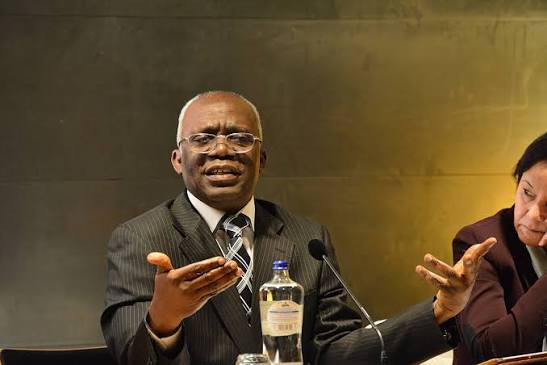
Human rights lawyer and Senior Advocate of Nigeria (SAN), Femi Falana, has said the removal of petrol subsidies was not a domestic decision but one imposed on Nigeria by international financial institutions. Speaking on Channels Television’s Sunday Politics, Falana argued that no country in the world has completely abolished subsidies, stressing that even advanced economies like the United States, the United Kingdom, and France continue to subsidise electricity, agriculture, and other key sectors.
He linked the May 2023 decision by President Bola Tinubu to end petrol subsidies—and the Central Bank’s move to unify the foreign exchange market—to conditions set by the World Bank and the International Monetary Fund (IMF). Falana said the policies have triggered record inflation and worsened living standards, cautioning against the government’s plan to introduce a five percent fuel surcharge. He insisted that instead of piling new taxes on struggling Nigerians, the government must first remit funds owed to the Federal Roads Maintenance Agency (FERMA) under the FERMA Act of 2007.
According to him, despite deductions from fuel sales between 2007 and 2011, FERMA confirmed it never received remittances, with the Senate later establishing that over ₦1 trillion remained unpaid by 2022. “The money was deducted but not remitted; this new tax should first address those missing collections,” Falana said, warning that a fresh surcharge would amount to multiple taxation. He also urged the government to end dollarisation, noting it is a criminal offence to reject the naira in Nigeria.
